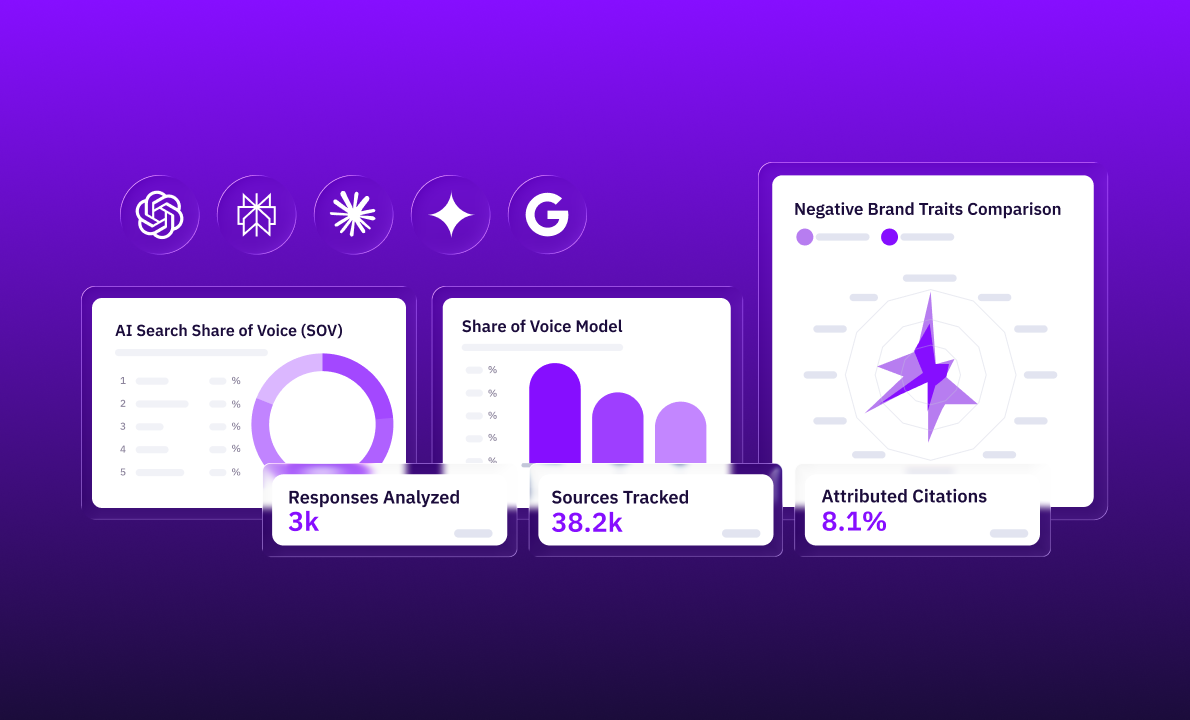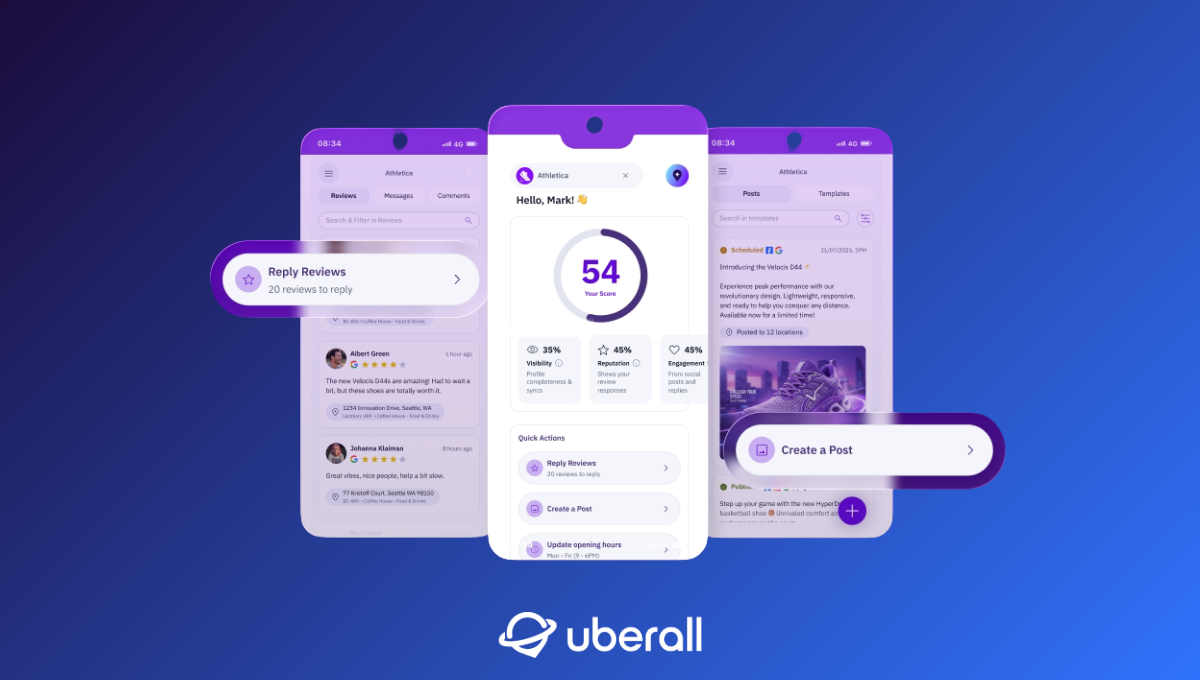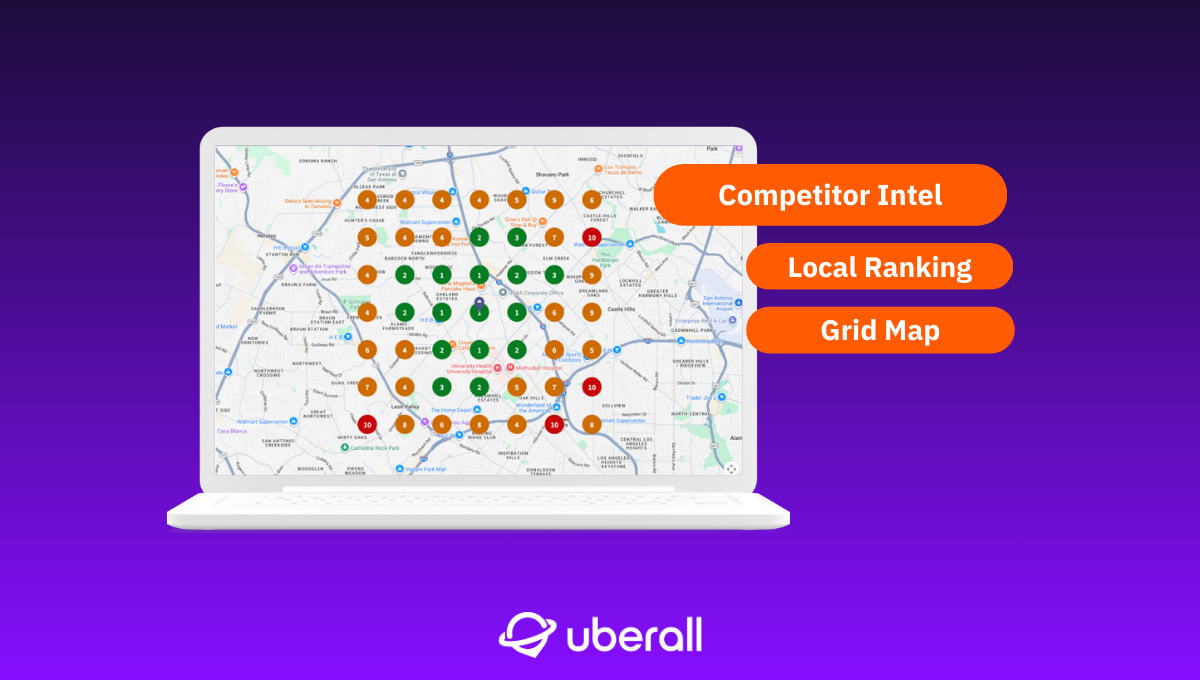
What is Search Indexing and How Does It Work?
Have you heard of search indexes? They’re the secret behind a top online ranking, and we tell you all you need to know about it—including how to do it!
In the vast ocean of information that is the internet, finding relevant content swiftly is akin to locating a needle in a haystack. Yet, it is made possible through the marvels of search indexing—a process that lies at the heart of every search engine's functionality.
Whether you're searching for the latest news, seeking scholarly articles, or hunting down that elusive product, search indexing ensures that relevant results are served up at your fingertips with remarkable speed and accuracy. However, behind the scenes, search indexing is a complex and dynamic process that involves the meticulous organization, analysis, and storage of vast amounts of data.
In this article, we explore the inner workings of search indexing and show how it operates, including what companies need to do to optimize their presence in search results.
Understanding the Concept of a Search Index
A search index is a crucial component of a search engine that allows users to find relevant information quickly and efficiently. But to fully grasp the concept of a search index, it is important to understand its definition and the importance it holds in the world of search engines.
What is a Search Index?
A search index is a database created by a search engine to store information about the content available on the internet. Specifically, it contains web pages’ texts (including snippets) as well as meta-tags and URLs, allowing the search engine to quickly retrieve relevant information in response to a user's query.
Search indexes are structured in a way that facilitates fast searching and retrieval of data. Meaning: they use algorithms and data structures to organize the information efficiently.
What is Search Indexing?
The search index refers to the database created by search engines to store information whereas search indexing is the process by which search engines build up their storage. Specifically, they crawl and analyze web pages, extract relevant information and then organize it within the index.
By the way: companies employ search indexing, too, by ensuring their websites are optimized for search engines. They may even utilize search indexing tools or platforms to automate the process of crawling and indexing their website's content for improved search engine visibility.
For example, search indexes may implement inverted indexes—which will be explained later—to map keywords. Additionally, they incorporate algorithms to prioritize search results based on relevance, popularity, or other ranking factors.
How Important is Search Indexing?
A search index is a vital component of a search engine, and search engine optimization, as it enables quick and efficient retrieval of relevant search results. Without it, search engines would have to scan the entire internet every time a search query is made—just imagine the waste of time.
The search index allows search engines to deliver relevant search results almost instantly, enhancing the user experience and making search engines more efficient. To keep up with the ever-growing amount of online content, though, they need to be constantly updated and expanded. That is what web crawlers are used for: to discover new web pages, index them, and update the search index accordingly.
The Mechanics of a Search Index
From web crawlers scouring the internet to algorithms determining relevance, there's a fascinating world of technology and methodology at play. But how exactly does a search index function?
The Process of Indexing
Search indexing involves scanning web pages and other content on the internet to create an organized and efficient search index. For that, search engines use a specialized software called web crawlers or spiders to crawl the web and gather data about each web page.
Web crawlers work tirelessly to navigate the vast expanse of the internet, following links from one page to another in a continuous quest for new content; including backlinks. As they traverse websites, they collect data on the text, images, and other elements present on each page. This data is sent back to the search engine's servers for further analysis, and the relevant information is then extracted and stored in the search index.
The Work of Indexing Algorithms
Algorithms play a crucial role in the indexing process. They help search engines analyze and interpret the content of web pages, determining the relevance of each page to specific search queries. Specifically, they take into account factors such as keywords, meta-tags, and the overall quality of the content.
But isn’t the internet constantly replenished with new content, arriving by the minute? It is, which is why these algorithms are constantly evolving to keep up with the change. In fact, search engines continuously refine their algorithms to provide users with the most accurate and up-to-date search results possible. Factors like user behavior, website authority, and even the freshness of content are all considered in the ranking process, ensuring that users receive the best possible search experience.
Different Types of Search Indexes
Search indexes play a crucial role in information retrieval, enabling search engines to quickly and efficiently locate relevant documents based on user queries. Two common types of search indexes are inverted indexes and forward indexes, each with its unique approach to organizing and storing data.
Inverted Indexes
Inverted indexes work by mapping specific words to the documents in which they appear, facilitating quick and accurate search results. This makes them a cornerstone of modern search engine technology.
One of the key advantages of inverted indexes is their ability to handle large volumes of data efficiently. Search engines can index vast amounts of information and provide users with relevant results in a matter of milliseconds, thanks to the optimized structure of inverted indexes. This type of index is essential for ensuring the speed and accuracy of search engine operations, ultimately enhancing the user experience.
Forward Indexes
Forward indexes focus on the documents themselves, maintaining a list of documents and their corresponding word occurrences. This structure allows for quick access to documents based on search queries, making forward indexes a valuable tool for certain information retrieval tasks.
Although forward indexes may require more storage space compared to inverted indexes, they excel in scenarios where document-centric searches are prevalent. By prioritizing document-level information, forward indexes streamline the process of retrieving relevant documents, making them a preferred choice for specific search applications.
How Search Indexes Impact Search Engine Results
The search index plays a crucial role in determining the relevance and ranking on search results pages. And because securing a prime position on search engine results pages (SERPs) is the ultimate goal for any company, we explain how search index and search engine results are intertwined.
Relevance and Ranking in Search Results
When a user enters a search query, the search engine retrieves relevant pages from the search index based on factors such as keyword matching and relevancy algorithms. The search engine then ranks the pages according to their perceived relevance, presenting the most relevant results at the top of the search results page.
Good to know. search indexes are constantly updated to ensure that the search results remain relevant and up-to-date. This continuous updating process helps search engines provide users with the most current and accurate search results.
Speed and Efficiency in Search Results
Search indexes significantly contribute to the speed and efficiency of search engine results. By utilizing the search index, search engines can retrieve relevant information instantaneously, ensuring that users receive search results in a matter of milliseconds.
In addition to speed, search indexes also enhance the efficiency of search engines by organizing vast amounts of data into easily accessible formats. Through indexing, search engines categorize web pages based on content, keywords, and other relevant factors, allowing for an accurate retrieval of information.
How to Support Search Indexing for Enhanced Online Visibility
By supporting search indexing, companies can enhance their website's rankings on search engine results pages (SERPs), which is crucial for driving organic traffic and attracting qualified leads. Why? Because it ensures that your digital content is discoverable, thus increasing the visibility of your products, services, and information to potential customers.
Optimizing Search Indexing for Company Success
Whether you’re a seasoned webmaster aiming to optimize your site's visibility or a curious individual seeking to understand the magic behind your favorite search engine: this is your guide to bolster your company's online presence and improve search engine rankings:
- Ensure your website is structured in a way that search engines can easily crawl and index. This involves creating XML sitemaps, optimizing meta tags, and using descriptive URLs.
- Produce high-quality, relevant content that incorporates targeted keywords to increase your website's relevance and authority in search results. Regularly updating your content and removing duplicate or low-quality pages can also boost search indexing.
- Leverage tools like Google Search Console to monitor and optimize your website's performance in search results.
Effective search indexing enables companies to stay competitive in the ever-evolving digital landscape, as it allows them to adapt to changing search engine algorithms and user behaviors. By implementing these strategies, you can support search indexing and elevate your company's visibility in the digital landscape.
The Future of Search Indexing
The field of search indexing is constantly evolving, and one of the predicted developments is the integration of artificial intelligence (AI) to enhance the relevance and accuracy of search results. Just look at the impact that the Search Generative Experience is already having.
AI in Search Indexing
AI-powered search indexing can provide more personalized and context-aware search results. Specifically, AI can improvethe understanding of the content on web pages and generate more sophisticated ranking algorithms.
One exciting aspect of AI-powered search indexing is its ability to adapt and learn from user behavior. As users interact with search engines, AI algorithms can analyze their search patterns, preferences, and feedback to continuously improve the search experience. This means that over time, search results will become increasingly tailored to individual users, providing them with the most relevant and personalized information.
Furthermore, AI can play a significant role in combating the challenges posed by fake news and misinformation. By analyzing the credibility and reliability of sources, AI-powered search indexing can help filter out inaccurate or misleading information, ensuring that users are presented with reliable and trustworthy content.
As you've seen, the power of AI in search indexing is transforming the way we access information online. Similarly, Uberall harnesses AI to elevate your multi-location business's online presence. Imagine leveraging such technology to enhance your brand's visibility, foster customer loyalty, and drive your sales figures upward.
With the ever-expanding volume of information on the internet, search indexes and search rankings will remain pivotal in being visible online. Take your local search engine optimization to the next level now!
Ready to Transform Your Business?
Connect with our partnership team to learn how Uberall can help you achieve similar results. Get a personalized consultation and discover the opportunities waiting for your business.
Resources











